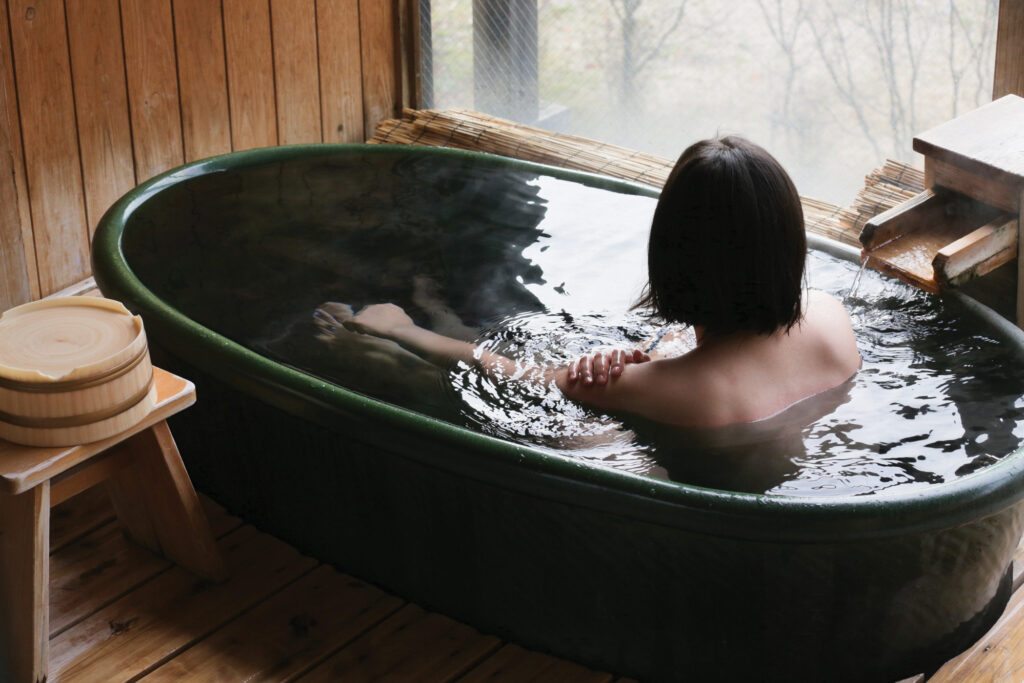Advertisement
Getting Your Zzz’s This Holiday Season
Tips for at home and on the go

Luckily for you, we have plenty of tips and tricks to help you get better sleep during the holidays. All of these tips are appropriate for getting quality rest generally and for helping you sleep when you’re away from home.
Advertisement
Avoid these before bed
Caffeine
A simple rule of thumb is to avoid caffeine from eight hours before you want to sleep. Remember, though: coffee isn’t the only tasty treat harbouring that caffeine hit, and decaf drinks aren’t always caffeine free. All of these can pack a hefty caffeine punch:
- chocolate in all of its glorious, tasty forms
- many carbonated drinks
- vitamin waters with guarana (from the seeds of a South American tree that are as high in caffeine as coffee beans)
Alcohol
I know it can be difficult to avoid at parties. Alcohol may help you doze off, but it disrupts your REM sleep, causing micro-awakenings, and will leave you feeling more tired the next day. Be everyone’s best friend and volunteer to be designated driver instead.
Disruptive foods
Some foods, if consumed within four hours of sleep, will disrupt your digestion in one way or another and make it more difficult for you to rest:
- cheese pizza or any high-fat foods that take longer to digest
- tomatoes, tomato-based foods, red wine, aged cheeses, and other foods containing tyramine, which triggers norepinephrine, a stimulant that boosts brain activity that can delay sleep
- acidic foods such as grapefruit and spices, especially if acid reflux or heartburn are issues
- steak or other high-protein foods that take time to digest
- broccoli, cauliflower, and Brussels sprouts, which are full of good fibre that is slow to digest
- candy of any kind that causes blood sugar levels to spike and then drop rapidly
Advertisement
Enjoy these before bed
Some stories suggest the Romans swore by lettuce sandwiches before bed, and research suggests they may have been on to something. Lettuce contains a substance called lactucarium, which acts like opium on the body, but if that doesn’t appeal, you could try a banana with a spoon of nut butter or a couple of whole wheat crackers instead.
Calming foods
Some foods eaten closer to bedtime (in moderation) can actually help you sleep:
- foods rich in magnesium, such as pumpkin seeds, Brazil nuts, and almonds/almond milk
- foods that contain tryptophan, a sleep-promoting amino acid, such as milk, eggs, nuts and seeds, and bananas
- carb-rich foods that increase levels of tryptophan, such as cereal, crackers, or whole grain bread
Herbal teas
Try sipping teas such as camomile or lemon balm before bedtime. Both will help you relax and drift off gently. Or, you could have some fun trying out one of the many proprietary bedtime tea blends available at your natural health food store.
Advertisement
Set yourself up for sleep
The place in which you sleep should feel like a sanctuary. Research has shown that any mess and disorder in the room can hamper you emotionally and has the potential to cause sleep problems. Here are a few ideas to create a good sleep environment.
Tidy your room. Put away any clutter, all reminders of work or household issues such as bills, and clothes.
Keep it cool. Set the room temperature between 14 C and 21 C.
Stay in the dark. Make the room as dark as possible—try darkening shades or blinds—or wear an eye mask.
Seek some quiet. Consider a white noise machine to block out street noise—or to provide soothing noise if you’re unused to a quiet night!
Remove all electronics. Don’t watch TV in bed, chat with people on your tablet, or finish off work on your laptop. The blue light emitted from these items affects levels of melatonin in the brain and makes it more difficult to fall asleep.
Create soothing scents. Use an essential oil diffuser with lavender oil. Research has shown that lavender oil increases slow-wave sleep, the very deep sleep during which your muscles relax and your heartbeat slows right down.
Advertisement
Sleeping on the go
Travel is often a part of the holiday season. Sleeping away from home can have its own challenges. Having a regular bedtime routine can help prepare your mind and body for sleep, even in unfamiliar environments.
When you know you’ll be sleeping in a hotel or a relative’s home, pack your essential oil diffuser and lavender, your eye mask, and your white noise machine, if possible, to recreate your home sleep environment (as closely as possible).
Other tips for on-the-go sleep
- Soak in a hot bath with lavender oil. Your core body temperature will rise, and then drop quickly when you get out, which signals the brain to release melatonin, according to sleep experts.
- Change into loose-fitting pyjamas.
- Do some gentle stretches or yoga poses (such as Legs Up the Wall, Seated Forward Bend, or Child’s Pose).
- Try some deep-breathing exercises: inhale through your nose, letting your abdomen expand fully, then exhale slowly through your nose.
Of course, none of these tips will help you when the kids are jumping on your bed in excitement at 4 am, but we have five children, and I still haven’t figured that one out yet!
Getting shut-eye on the go
- If practical, adjust your body clock ahead of travel by sleeping according to the time zone of your destination.
- Change your watch to your destination time when you get on the plane, and sleep when your watch says it’s bedtime.
- Book a window seat so you can close the blind and lean against the side of the plane to sleep.
- Wear loose, comfortable clothing.
- Don’t watch the onboard movie, listen to music, or use electronics; they’ll all stimulate your brain and prevent you from sleeping.
- Use an eye mask and earplugs and ask the flight attendant not to disturb you with food or drinks if you’re sleeping.
- Sniff a hanky on which you’ve added a drop of pure lavender oil.
Sleep aids to pack
My homemade travel kit for good sleep includes
- melatonin (check with your health care practitioner to be sure this is right for you and for correct dosage)
- lavender essential oil for a bedroom diffuser, to drop into bathwater, and to sniff at times of stress and tension
- eye mask and earplugs





